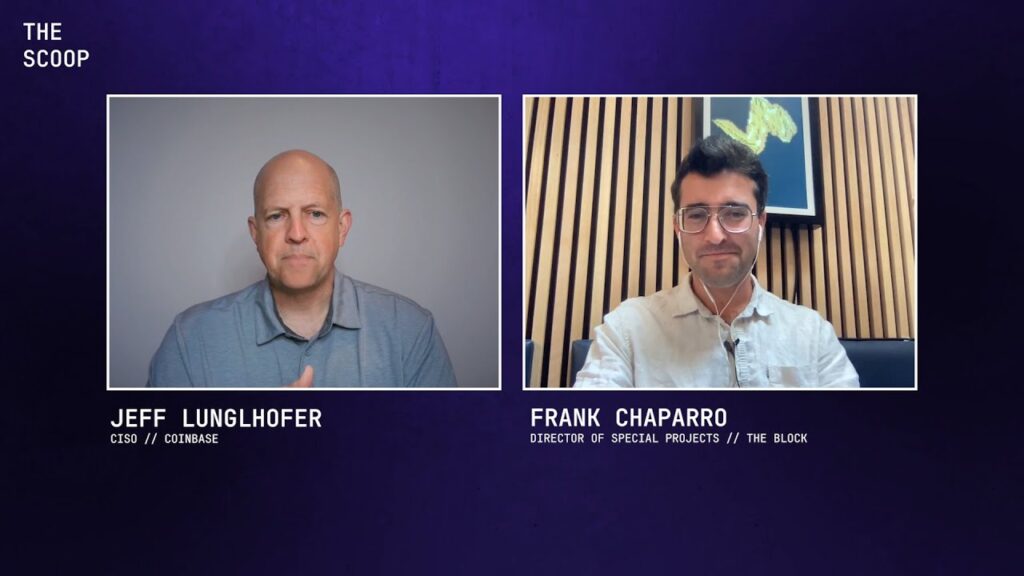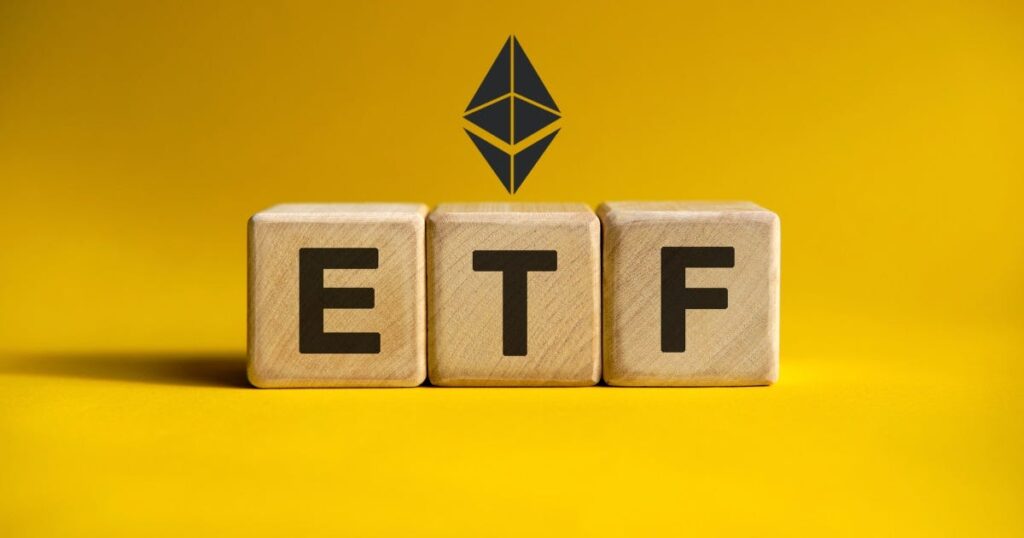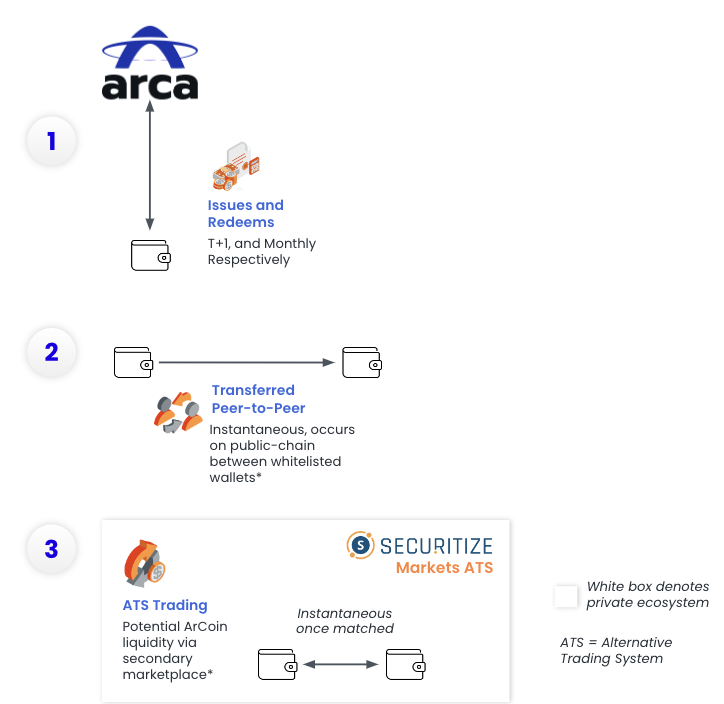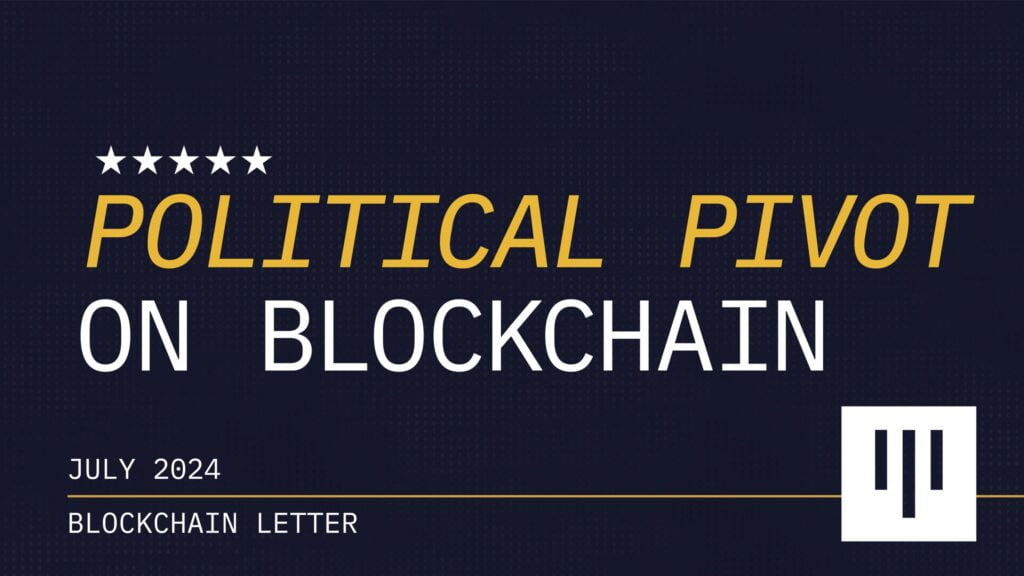Podcast Summary
This episode of “Web 3 with A16Z” delves into the intricacies of blockchain technology, particularly Ethereum, and the concept of layer two rollups. Guests Jesse Pollak, former engineering lead for Coinbase’s retail side and now head of protocols, and Noah Citron, an engineer at A16Z crypto, share their insights on the topic. The discussion covers the history and future of Ethereum, the challenges of blockchain scalability, and the impact of rollups on transaction efficiency.
Key Takeaways
Understanding Layer Two Rollups
- Efficiency and Scalability: Layer two rollups are likened to a carpool lane on a highway, where transactions are batched together for efficiency. This results in faster and cheaper processing on the Ethereum network, addressing the challenges of blockchain scalability.
- Technical Aspects: Rollups and bridges interact in intricate ways. Blockchains are adept at ordering and storing transactions but face challenges when it comes to re-executing them. Layer two solutions come into play to alleviate the computational load.
Ethereum’s Evolution
- Scaling Strategy: Ethereum’s initial scaling plans involved sharding, but the evolution of rollups has become a more effective solution for handling transactions at scale. The shift from a top-down approach of sharding the Ethereum blockchain to a bottoms-up, roll-up centric approach allows for parallel execution shards that scale Ethereum in a decentralized manner.
- Leadership: Vitalik Buterin, the creator of Ethereum, is credited for providing strategic direction and clarity for the roll-up centric strategy, allowing other teams to contribute to Ethereum’s scaling in a decentralized and bottoms-up fashion.
Blockchain Governance
- Decentralization: The podcast emphasizes the importance of leadership in decentralized systems. While decentralization requires community involvement, it also needs leaders who can inspire and influence without traditional command and control structures.
- On-chain Governance: The potential of on-chain governance to create more flexible systems that can address complex human problems through code is discussed, as opposed to traditional legal systems.
Sentiment Analysis
- Bullish: The podcast expresses a bullish sentiment towards the future of blockchain technology, particularly Ethereum. The discussion highlights the impressive leadership from the center of Ethereum, which has been clear about the long-term strategy, invested in research and technology, and created space for other teams to execute parts of the strategy.
- Neutral: While the podcast is generally optimistic about the future of blockchain technology, it also acknowledges the challenges and complexities involved in scaling blockchain networks, managing state growth, and ensuring effective governance.












